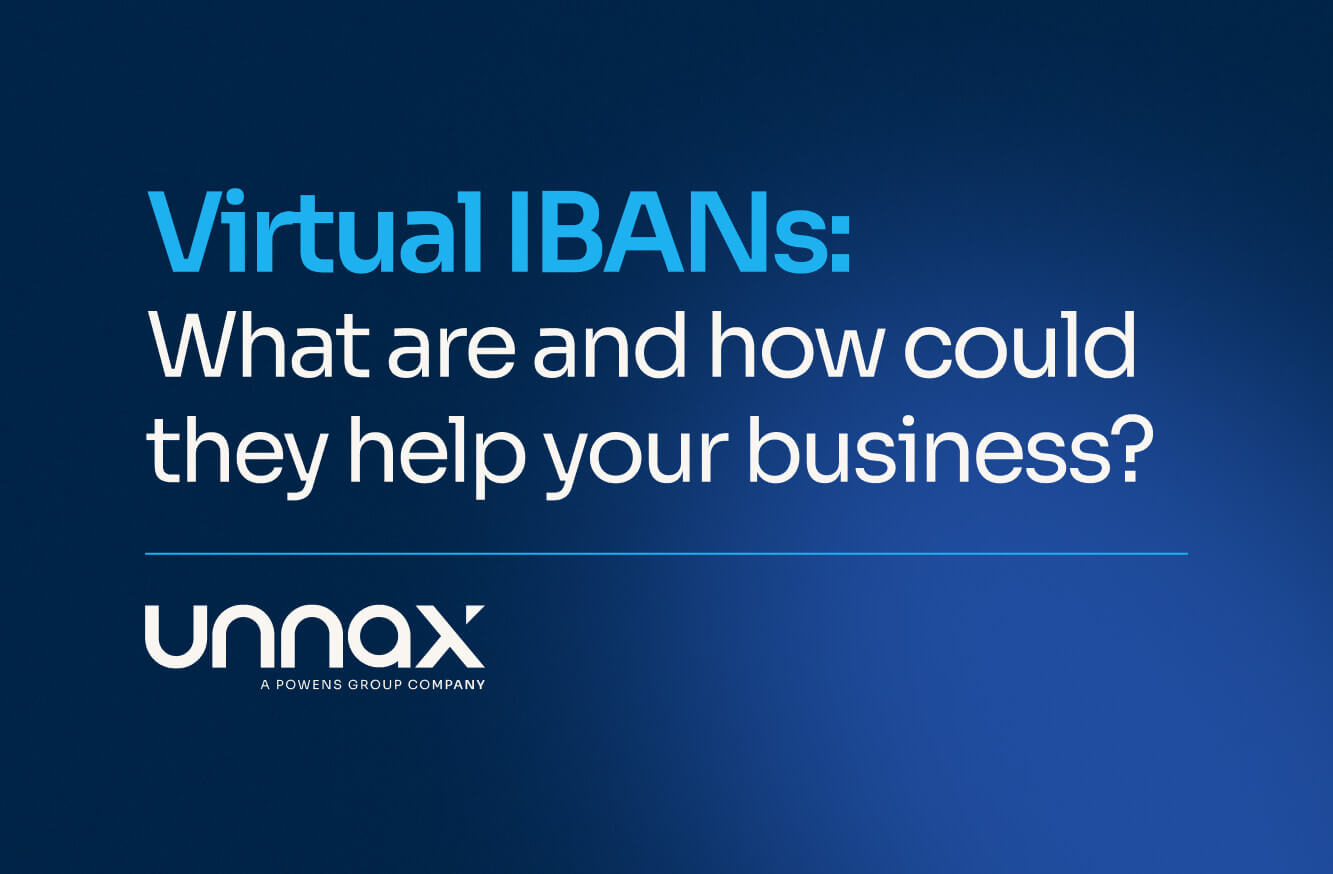When a sector is practically a “newborn” and innovation is the intrinsic concept that characterises it, is it necessary to add more innovation to what is already new? The answer is yes. In fact, an activity like FinTech, which is based on technology, cannot allow itself to stagnate. If a FinTech start-up stops, someone else will always be there to step on their shoulders to get a leg up. We have to remember, too, that the sector FinTech firms are breaking into, finance, is very traditional. So, either the revolution continues or involution could wiggle its way through any crack.
FinTech firms will continue pushing change
Although it is a global phenomenon, it is true that FinTech products aren’t developed, implemented and used at the same level worldwide. Nevertheless, we can point to some trends that we will see in many countries over the coming years, and that will end up reaching nearly all of them sooner or later.
Let’s start with alliances. We’ve said that finance is a highly traditional sector that, without FinTech, would surely have continued on without great changes. However, banks haven’t taken long to realise that some of the advantages that apps offer their clients could end up stealing more of their market than they are willing to lose. This way, many financial institutions have stopped watching the “enemy” from afar and joined their ranks. We will continue to see these collaborations between banks and FinTech companies.
Individuals and SMEs: your time has come
Several factors are going to put individuals and small businesses at the heart of the FinTech offering. For example, the opportunities they get thanks to increased competition in terms of banking services on offer that will come with pro-open banking regulations (such as PSD2 in the European Union). This increased competition will likely push down (and even eliminate in some cases) the fees banks have been charging for their services.
Plus, both “pure” FinTech companies and the new offering from traditional institutions through alliances with technology start-ups will improve customer service, with personalised services and more intuitive, user-friendly interfaces. Furthermore, technology is promoting processes to take advantage of data and automatise tasks, which clients (even the small ones) can benefit from greatly for their finances and business.
Stand off against banks, even in their star sectors
While the first FinTech offerings were focused on adding value through practical apps for clients’ daily lives that were faster, more customizable, etc., these new companies have already been competing with more traditional, exclusively banking services for a while now, such as loans and transfers. And this is only going to increase. This is the lion’s share of financial services and, given that the new regulations allow it (taking care that it is done with the utmost guarantees for clients), FinTech firms are going to get rich when they get their share of the pie in areas like real-time payments and home or consumer loans.
But what’s more, new sectors are now in play where FinTech companies can contribute their experience and technology in other areas of service and retail. So, we’ll see more of terms like Insurtech (insurance and technology), Proptech (property technology, with services associated with investment, management and marketing), Regtech (to ensure companies using technology like big data and blockchain comply with financial regulations), and Legaltech (start-ups that bring technology to legal services). A whole world of things that is far from running out.









